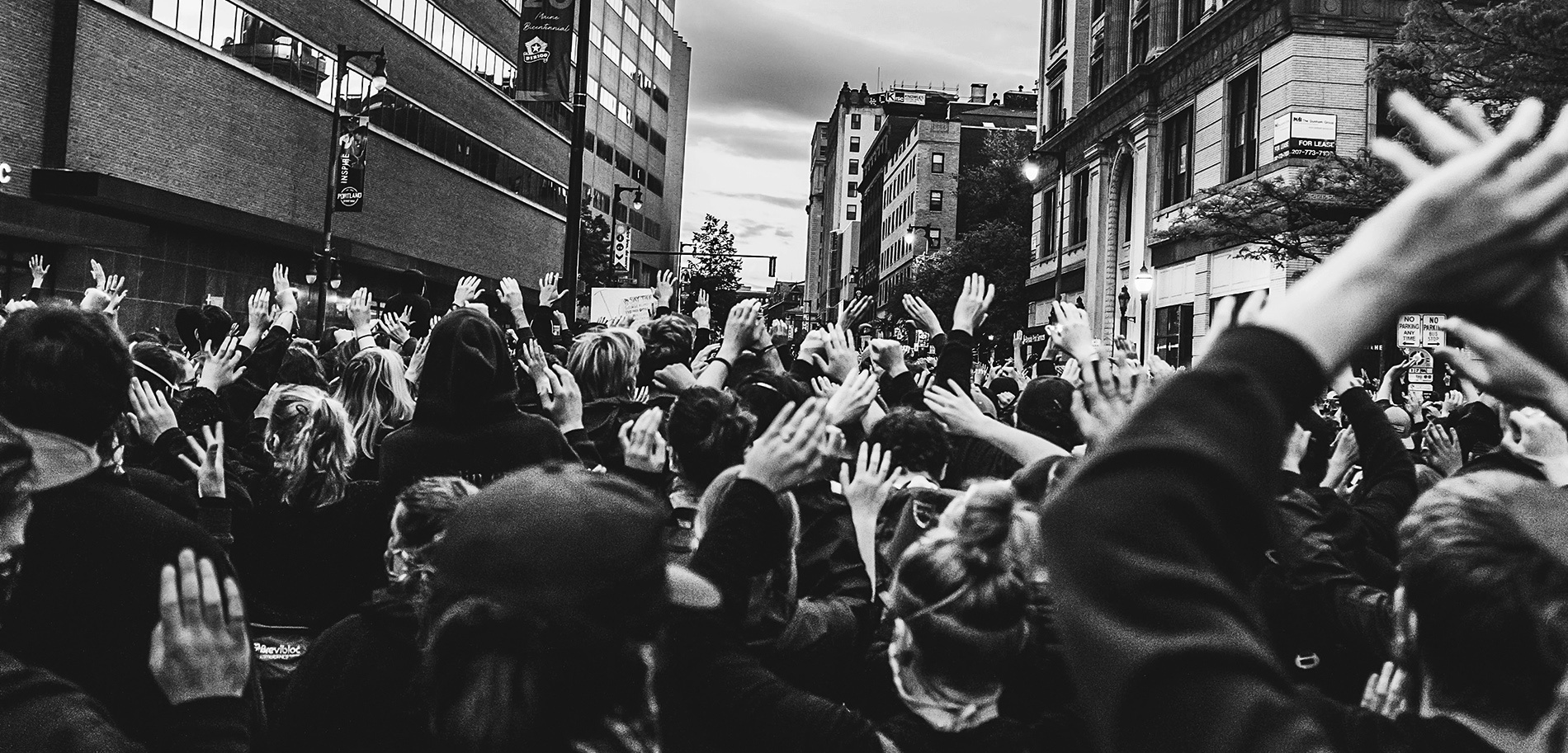Growing up in Newport, R.I., Adam Roberts ’07 says he was “class confused.” He thought, “‘Well, we don’t go on vacation to fancy places, we don’t live in a huge house, so I’m sort of middle class.’ It wasn’t really until college that that started to crack a little.”
At Brown, Roberts says he attended the occasional protest and canvassed for a state ballot initiative to restore voting rights to people on probation and parole. Then, senior year, Roberts’s family introduced him to a financial advisor who showed him his trust fund: a portfolio of fossil fuel investments. “I remember feeling so disempowered,” Roberts says. “All the messages I have from my family are around not doing anything about it and leaving it for future generations. Everything in my body is telling me, ‘No, there’s something to do here that’s different.’”
In 2013, Roberts read an article about Resource Generation, a membership-funded nonprofit that focuses on organizing the top 10 percent of wealthy young Americans to recognize their privilege and then to give away a large amount of their “excess wealth.” After getting involved with his local chapter, Roberts became “all in.” He was hired as national chapter organizer in 2015 and now serves as the organization’s membership director.
Since its start in the mid-’90s, Resource Generation has grown to 1,000 members, with 18 chapters around the country. The organization now hosts annual conferences and educational sessions on wealth redistribution and racial justice and encourages members to commit to a giving pledge of 7 percent—the historical average stock market return—of their assets each year to social justice movements to put “a pause on accumulation.”
“We want to be rigorous about what our actual ask is, and how we’re pushing our community and each other to take more risk,” Roberts explains. “Almost all, if not all, of wealth is formed and developed in an extractive way if you dig far enough back, which rings true for my family’s story.”
Roberts now donates more than 10 percent of his assets annually. He’s pledged to give away $900,000—three-quarters of his inheritance—before turning 40, and to invest the rest in what he calls “solidarity economy work”—organizations creating equitable alternatives to extractive capitalism.
In 2020, Resource Generation set a $50 million goal, with $5 million directed to the Movement for Black Lives and another $1 million to Black-led organizations in the South. But individual philanthropy alone cannot cure systemic injustice, Roberts cautions. “Our current moment has laid bare the inadequacy of the social safety net,” he says. “The way forward is through policy, and a lot of systemic changes.”
Roberts ultimately sees Resource Generation as a force “trying to push back on wealthy folks holding power in isolation.” Its members, he says, shouldn’t be lauded as generous: “This is the baseline of what it means to live with integrity, as people who are born into or accumulate way more resources than we need.”
For more information: https://resourcegeneration.org/





